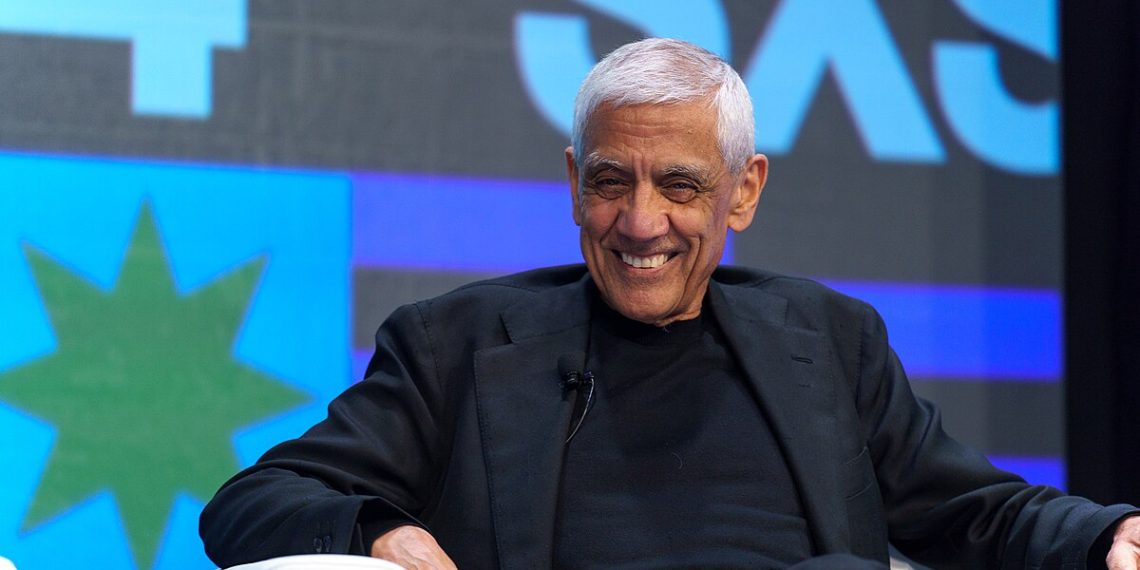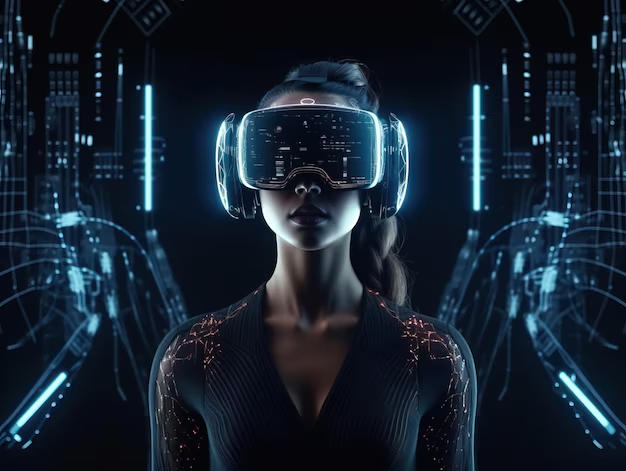The transformation of work, from the emergence of remote and hybrid models during the pandemic to the current AI-driven shifts, is steering the global workforce toward a future where a post-scarcity economy could make a three-day workweek feasible. This change aims to boost productivity while satisfying everyone’s material needs.
Industry expert Vinod Khosla recently shared his thoughts on this wave of techno-optimism in his essay ‘AI Dystopia or Utopia’. He draws parallels between a potential AI-driven post-scarcity economy and the futuristic world depicted in the sci-fi series Star Trek, where material needs are universally met. Khosla envisions that technology could overcome material limitations, making scarcity a concept of the past. “With the right policies, we could smoothen the transition and even usher in a three-day workweek,” he wrote, highlighting AI’s transformative power on work, benefiting humanity and the global economy.
Khosla advocates for government intervention through policies like universal basic income to ensure a smooth and equitable transition to this new reality. He acknowledges the dystopian risks of AI, such as job loss and deflation, but argues for a democracy driven by capitalism and strong policies to create a world where AI generates sufficient wealth. He posits that, “Over the next 5-20 years, it is possible that AI will create new jobs we cannot currently conceive of. But in the long haul, AI will eliminate most ‘jobs’ insofar as a job is defined as a trade or profession one must pursue to support their needs and lifestyle.”
Bill Gates shares this view, believing AI will transform rather than replace jobs, allowing society to shift toward working less as machines handle routine tasks. JPMorgan CEO Jamie Dimon predicts AI will reduce the workweek to 3.5 days for future generations. LinkedIn co-founder Reid Hoffman anticipates the traditional 9-to-5 job will vanish by 2034, with a rise in the gig economy. Elon Musk suggests AI might eliminate all jobs, with people working for pleasure rather than necessity. Garry Tan from Y Combinator foresees $100 billion companies operating with very few employees, emphasizing humans focusing on uniquely human tasks.
NVIDIA CEO Jensen Huang and others envision AI complementing humans, opening avenues for more creative work. Sam Altman predicts AI tools will enable single-person companies to achieve billion-dollar valuations, radically altering entrepreneurship. Such shifts challenge conservative views advocating long work hours, suggesting a future where AI’s efficiency and capabilities redefine work.
As AI advances, the potential for significant change in work dynamics is immense. Khosla’s belief in AI’s boundless potential resonates with entrepreneurs and leaders who see AI not just as a tool but as a catalyst for creating a new and more productive future.









